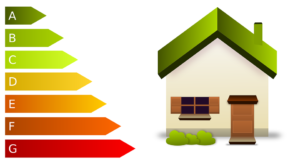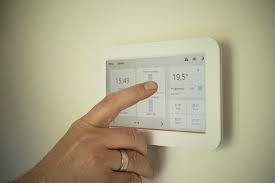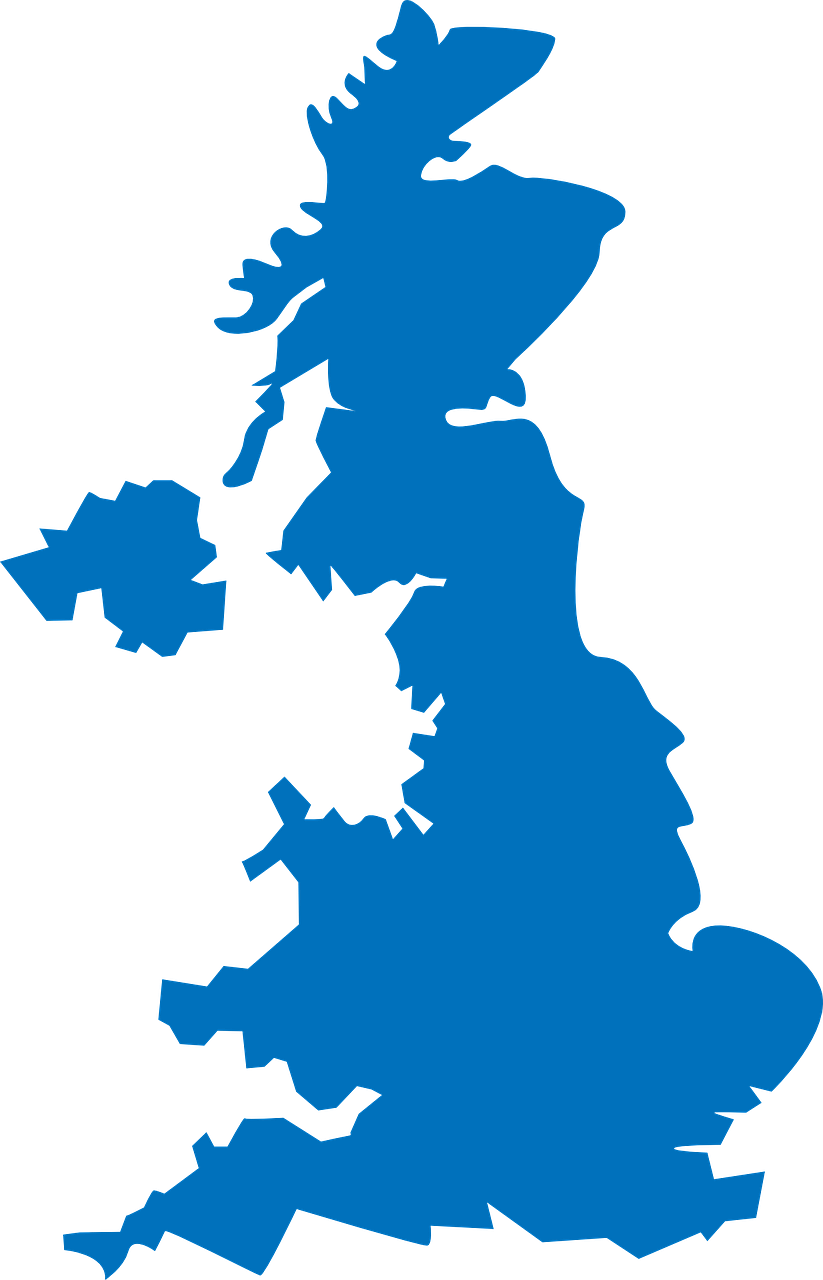It seems like energy suppliers are announcing increases almost monthly, and at times, it can feel like there's little one can do. While we might not have the power to halt these increases, there are several practical steps you can take to trim your energy bills and avoid unnecessary overpayments.
Simple changes can translate to significant savings, potentially saving you hundreds of pounds each year. Consider implementing the following adjustments:
1. Compare energy supplier rates
If you simply renew with the same supplier each year then the chances are that you are paying more than you should be. What may have been the best energy deal a few years ago might not still be the best on the market now, so you should shop around and compare the rates of the various energy suppliers.
Using the PropertyHeads Energy Switching tool will help you to find which supplier offers the best value, based on your circumstances and energy usage. If switching supplier sounds like a bit of a hassle, you probably haven’t done it before or you had issues with one of the suppliers. The PropertyHeads Energy Switching tool removes any complications so that you can start saving money right away. Just take a quick look at how much you could save before you need to make any decisions.
It is also worth checking out what customers think about their energy companies, to make sure that you are not switching to save a bit of money but will end up with poor service. The Which? energy companies satisfaction survey 2018 ranks the best and worst energy suppliers as rated by the people that know best – their customers.
2. Be smarter with your heating
As outside temperatures drop, your heating bills unfortunately start to rise. Making some small changes to how you keep your house warm will have a big impact on your upcoming heating bills. Did you know that turning your thermostat down by just 1° couldsave you up to £75 per year? So when you are trying to monitor your heating costs, don't just think about how long you put the heating on for, think about whether you could keep it at a lower temperature.

As well as turning your thermostat down, there are plenty of ways that you can reduce your heating bills. Around 35% of heat from your home escapes through your walls, so it is worth looking into insulation solutions like cavity wall insulation which costs around £200 or less but will save you considerable money going forward. You also lose a large percentage of heat through your roof, so adding some loft insulation could help you to significantly reduce the amount of heat your house loses.
Another way to combat heat loss is to get rid of any drafts in your house. Around windows and doors are common areas that houses lose a lot of heat, so you can check by holding your hand up around any gaps. If you can feel a draft then you know that you need to do something to stop that draft. It may be that your window needs resealing, or it could be a draft at the bottom of the door that could be reduced with an easy to attach draft excluder. Both solutions are fairly cheap but could save you a good amount of money. Buying thermal or thicker curtains can also help to keep more heat in your home.
3. Switch appliances off rather than standby mode
Leaving appliances like your TV, washing machine, computer etc. on standby mode is wasting your electricity, so get into the habit of always turning them completely off. It is estimated that older model TVs left in standby mode can use up to £15, newer models use less energy in standby mode but are still needlessly using some of your energy. Research shows that appliances left in standby mode can account for up to 16% of your total electricity bill.
4. Buy energy-efficient appliances
When the time comes to replace your washing machine or any other appliances in your home, always look to buy the ones that are most energy efficient. The difference between using an energy efficient washing machine and a non-efficient one is considerable – just think about the number of washes your household puts on over the course of a year. So even if the energy-efficient models are more expensive than the lesser efficient ones, you will make that money up in energy savings.

Other great energy efficient appliances include an eco-kettle, for households that drink a lot of hot drinks, or a new fridge freezer. Fridge freezers can actually account for around 20% of your electricity bill, so big savings can be made with an energy efficient model. New appliances must have a minimum of an A+ energy rating now but you can buy up to an A+++. The plus sign is equivalent to 10% energy saving, so basically the A+++ is 30% more efficient than A.
The more you use an appliance and the greater amount of energy the appliance uses, the more valuable it will be for you to upgrade to a more energy efficient model.
5. Be more careful with your water
If you pay your water bills using a water meter, making some everyday changes could save you a lot of money over the long-term. Do you leave the tap running whilst you brush your teeth? Do you stay in the shower longer than you need to? Do you have any leaking taps? Do you use your hosepipe to water the garden or clean your car? These are all ways that water gets wasted on a daily basis, so think about the changes you could make to reduce your water usage. Just a minute less in the shower each day for every member of the household will save plenty of water.
Added: September 24, 2018 13:41:56





